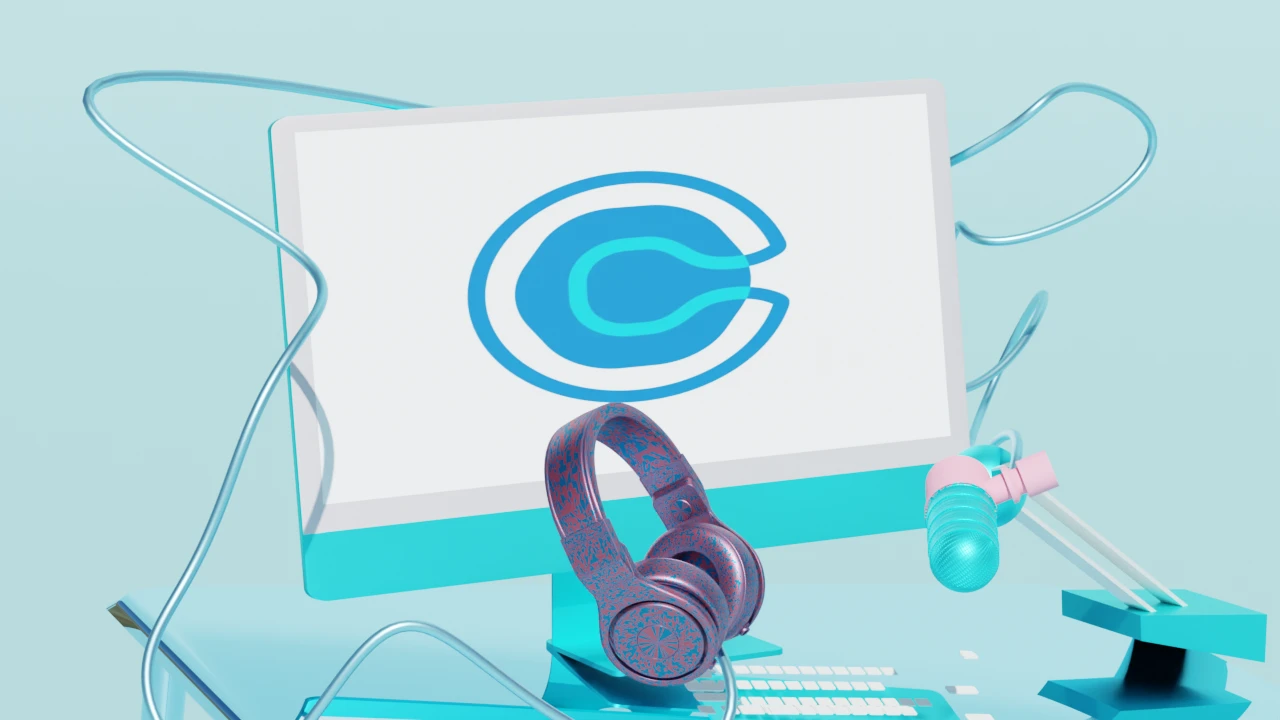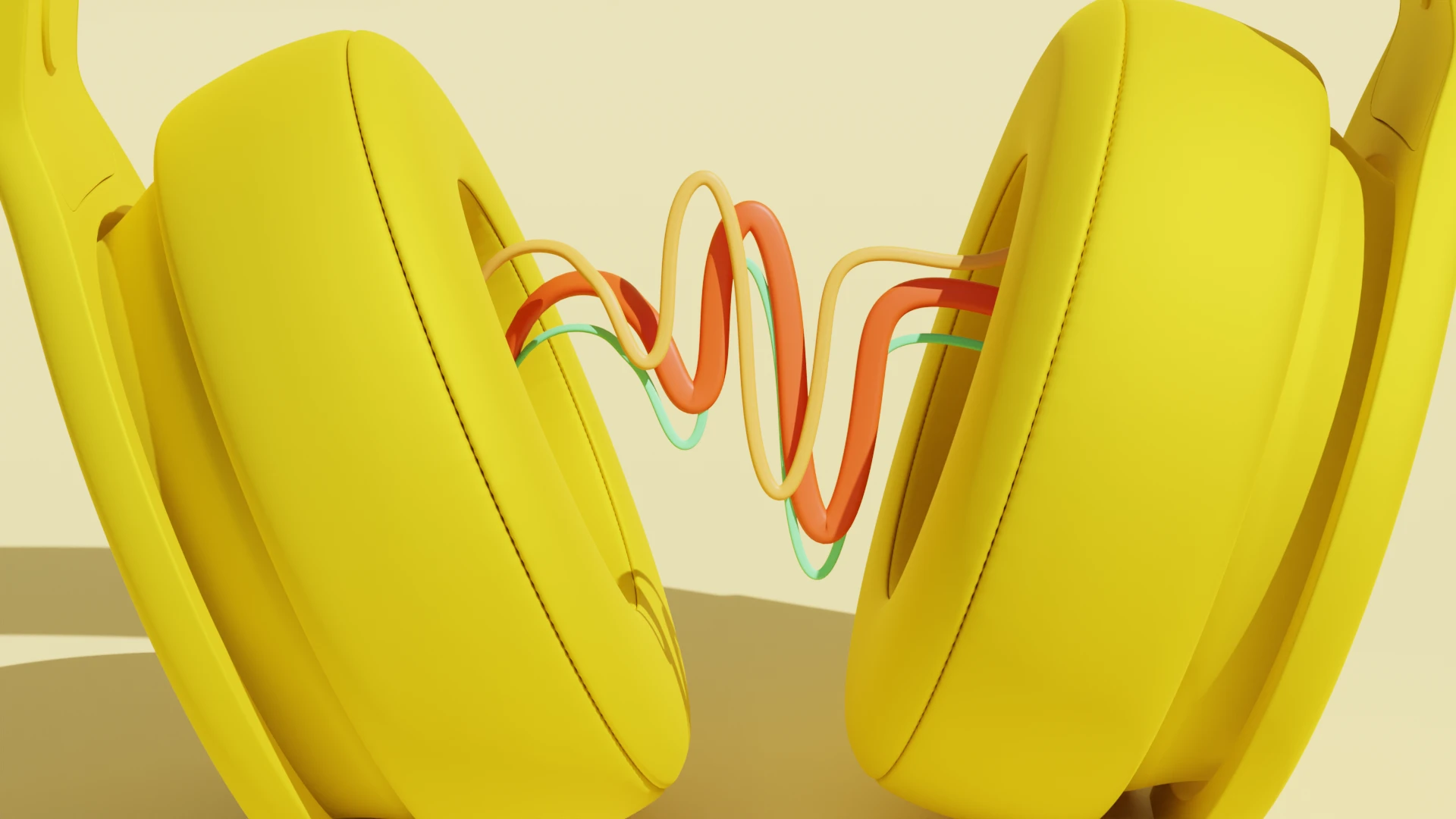The first commercially available portable computer, the Osborne 1, hit the market in 1981. This pioneering invention weighed a whopping 24 pounds, sported a tiny 5-inch screen, and cost over $5,200 adjusted for inflation. Even though you’d now consider the Osborne 1 to be an overpriced hunk of junk, taking your computer on the go was a groundbreaking concept at the time.
Today, powerful laptop computers and music production software software make producing music accessible to anyone. Music producers can compose, record, edit, and publish tracks from anywhere in the world, eliminating the need to book an expensive recording studio. Modern laptops are especially a game changer for musicians on tour, as they can continue working on new songs while they’re on the road.
Below we break down five important considerations for shopping for a music production laptop. If you’d rather just get straight to our picks, here they are.
The 5 best laptops for music production
When looking for the best laptops for music production, we aimed for a mix of options that cover the needs of all types of music makers. Whether you have a low or high budget, or need an entry-level or professional machine, the list below should have at least one laptop for you.
1. Apple MacBook Pro
Apple’s flagship laptop for media professionals still commands a high price tag, but now it’s even more powerful, whisper-quiet, and built for heavy audio work. The latest MacBook Pro models (featuring the M3 or M4 chip) address key performance demands with higher memory options, robust battery life (up to 20+ hours), and a reintroduced MagSafe charger and HDMI port. It remains our top pick for music production because it handles massive DAW projects without flinching. The stunning Liquid Retina XDR display offers ample room for plugins, and you still get three Thunderbolt/USB-C ports for expansion. If you’re a Logic Pro user, your DAW of choice is exclusive to macOS—another reason to consider this powerful machine.
If budget permits, the 14-inch or 16-inch models make sessions easier on the eyes, letting you see more tracks as you mix. Even if you splurge a bit, the performance gains and build quality earn that extra cost.
Apple MacBook Pro
Price: From $1,299
2. Dell XPS 15
Price: From $1,449
If you’re not in the market for a Mac, the Dell XPS 15 is a strong pick for on-the-go music production in terms of performance and value. Dell even lets you customize your XPS 15 laptop to your specific requirements. For your processor, you could choose 12-core Intel Core i5 on the low end, or you could splurge for a higher-end 14-core Intel Core i9. You can also select up to 64GB RAM, up to 2TB of SSD storage space, and either a non-touch or touch screen display.
On the downside, the Dell XPS 15’s battery life, with a maximum capacity of approximately 10 hours, pales in comparison to the MacBook Pro . If you choose a lower-end processor, you might also find its noisy fan frequently kicks in to prevent overheating.
3. Apple MacBook Air
Professional music producers often opt for the MacBook Pro, but if you want a more affordable pick, the latest MacBook Air (now available in 13- and 15-inch models) offers excellent performance on M2 or M3/M4 chips—enough for most music production tasks. It’s still Apple’s slimmest laptop, making it ideal for anyone who’s constantly on the road. Battery life hovers around 18 hours, meaning you rarely have to worry about plugging in mid-session.
One perk of the fanless design is near-complete silence, which is perfect if you’re miking a quiet track. Of course, you only get two USB-C/Thunderbolt ports, so you might need a hub if you connect lots of peripherals. Still, for lightweight workflows or on-the-go mixing, the MacBook Air stands out as a top music-production option that won’t make your backpack feel like a dumbbell.
Apple MacBook Air
Price: From $999
4. Microsoft Surface Laptop 4
Price: From $800
The Microsoft Surface Laptop 4 is a great laptop for music producers who like the Windows operating system and want more bang for their buck. While the Surface Laptop 4 comes in a smaller and cheaper 13.5-inch model, the 15-inch model will give you more computing power and a beautiful PixelSense display that’s conducive to audio editing. It features either an AMD Ryzen 7 or Intel Quad Core i7 processor, up to 32GB of memory, and up to 17.5 hours of battery life.
The Surface Laptop 4’s biggest flaw is that it has just two ports — one USB-C port and one USB-A port. That means many users will need to carry around a USB adapter, but that’s probably a fine trade-off for those who value the thin and sleek design. The Surface Laptop 4 is comparable in price and performance to Apple’s MacBook Air — so if you’re on the fence between the two, go with whichever operating system floats your boat.
5. Razer Blade 15 Studio Edition
Price: From $3,000
If price isn’t an issue and your number one laptop priority is power, look no further than the Razer Blade 15 Studio Edition. This expensive top-tier gaming laptop boasts an exceptional Nvidia Quadro RTX 5000 graphics card, which isn’t necessary for music production, but is an added bonus if you also use your laptop for video editing or gaming. The Razer Blade 15 Studio Edition also has a stunning 15.6-inch 4K OLED Touch display and all the ports you could ask for: three USB-A ports, two USB-C ports, an HDMI output, and an SD Card Reader. The inside of the machine packs a major punch as well, with an 8-core Intel Core i7 processor, 32GB RAM, and a 1TB solid-state drive.
Besides being by far the priciest laptop on this list, the one major downside of the Razer Blade 15 Studio Edition is that you won’t get more than six or seven hours of battery life on one charge. While it’s likely excessive for those who focus only on music production, this powerhouse laptop fits the bill for anyone with both audio and video production needs.
5 things to consider before buying a laptop
If you’re a songwriter primarily recording music in your home studio, your needs will differ quite a bit from a DJ who travels constantly and needs a laptop for live sets. Keep your unique workflow in mind as you review these five key factors.
1. RAM
RAM (random-access memory) is your system’s short-term memory. If you plan on running large sessions with many plugins, aim for at least 16GB to avoid slowdowns—especially when you stack virtual instruments or record multiple tracks. If you only have 8GB, you might quickly run into performance limits with resource-heavy DAWs. On the plus side, many laptops allow for RAM upgrades later if you need them.
2. Processor
The CPU is the system’s brain, handling everything from your DAW’s real-time processing to plugin calculations. Look for a quad-core or higher (for example, octa-core) if you plan to juggle large, complicated sessions. It’s notoriously difficult to upgrade a laptop’s CPU, so aim for the best your budget permits.
3. Hard drive space
Audio projects, especially sample libraries, can fill up a drive fast. Getting at least 1TB of SSD storage is wise if you want lots of space for stems, recordings, and virtual instruments. An SSD reads and writes data much faster than traditional spinning disks, helping your projects load breezily.
4. USB ports
You’ll likely attach an audio interface, MIDI controller, or external mic. Laptops with multiple USB ports cut down on the need for adapters. Still, if a particular model has fewer ports but excels elsewhere, consider picking up a cheap USB hub.
5. Battery Life
If you’ll be working on location, performing live, or just want the freedom to move away from power outlets, look for a laptop that can endure a long session on battery alone. Seeing the dreaded red “low battery” icon mid-recording is never fun, so check those specs carefully!
Additional reading
https://www.businessinsider.com/the-amazing-rise-and-fall-of-the-first-portable-computer-2011-4
https://www.techradar.com/news/40-years-of-the-laptop-how-mobile-pcs-changed-the-world
Frequently asked questions
What laptop specs do I need for music production?
Look for at least 8GB of RAM (16GB or more is ideal if you use many plugins), a modern multi-core CPU (Intel i5 or equivalent, or higher), and solid-state storage for quick file loading. These specs help ensure smooth multi-track recording and real-time audio rendering.
Can I produce music on a regular laptop, or do I need a specialized device?
A standard laptop with enough RAM, a capable processor, and reliable storage can handle most music production tasks. If you’re recording many tracks or using large sample libraries, pick a device with extra memory and a fast SSD. An external audio interface and headphones or monitors may also improve your setup.
How much RAM should I have for music production?
Most creators find 8GB workable for smaller projects, but 16GB or more helps if you’re layering many tracks or using memory-hungry virtual instruments. More RAM means fewer slowdowns when handling bigger sessions or running multiple plugins.













































